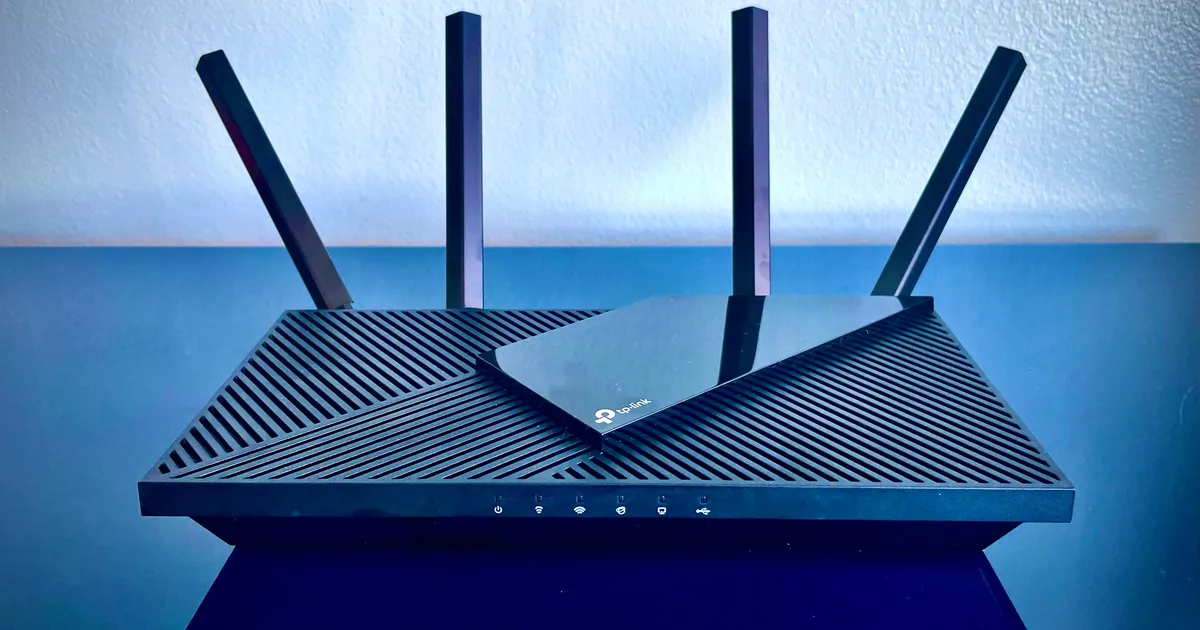The effects of weather on Internet have been a concern since the earliest days of world-wide connectivity. Although modern components and networks have evolved and become more reliable, weather can still have an impact on Internet performance and uptime. Unfortunately, many companies do not factor this into their considerations when making decisions about the Internet and networking.
Typical ISP and Internet Configurations
The typical ISP using cable or fiber as the backbone of their infrastructure looks like this:
- Application server
- ISP access links
- Numerous interconnected core networks
- ISP access links
- Local area networks (LAN)
- Your connection
As anyone can easily see, there are many connections along the way that could be affected by the weather. Because much of the cabling is underground, there are many connections that can easily be put in jeopardy from flooding and moisture penetration over time. This makes it even more important for your company to have a redundant connection in place. This way, when your primary connection goes down due to weather or some other cause, your operations continue unabated on the backup system.
What About Water, Heat, Cold and Wind?
Water penetration is a significant cause for deterioration and breakdowns, and not just in Internet and networking infrastructure. Water is insidious for getting into and ruining cabling, junctions and various electrical components that are vital to a system. Factor in the innumerable possible junctions and connections that tie you to the Web, and how much the effects of weather on Internet can potentially impact them, and water becomes a huge problem, especially for older, outdated infrastructure.
Water and rain are not the only culprit causing fiber, cable and satellite Internet problems. Physical damage resulting from heat is a real possibility. Because the jackets on cables are made from plastic, they can soften or expand, which dramatically increases the odds of failure or connection issues.
Likewise, with cold temperatures, the ground can harden and cause heaving from frost/ice melting and then freezing again. This can move fiber lines, split them or even cause them to harden and break.
How Can You Mitigate the Effects of Weather on Internet and Networking for Your Company?
Of course, every business that depends on Internet connectivity for operations should implement plans for diversity and redundancy. This allows you to ensure your network is always up. What you use as a primary is up to you, but the benefits of dedicated fixed wireless Internet and networking are many.
Many companies have already chosen fixed wireless as their primary or secondary network to ensure true diversity and redundancy to guarantee uptime in spite of the effects of weather on Internet ISPs and infrastructure. Fiberlink Limited fixed wireless with adaptive modulation increases the reliability of your data transmissions, even in inclement weather. Plus, installing the necessary infrastructure for fixed wireless is much simpler and faster than cable, satellite or fiber networks.
In fact, fixed wireless networks are often the go-to solution immediately after a natural disaster when other forms of Internet connectivity are inoperable. With advanced technology and modern equipment, your Fiberlink Limited fixed wireless connection can handle almost anything Mother Nature throws at you.
Want to learn more about fixed wireless Internet for your business? Click here to check for availability and get more details, or call 0798 028 759 to speak to a team member.






Leave feedback about this